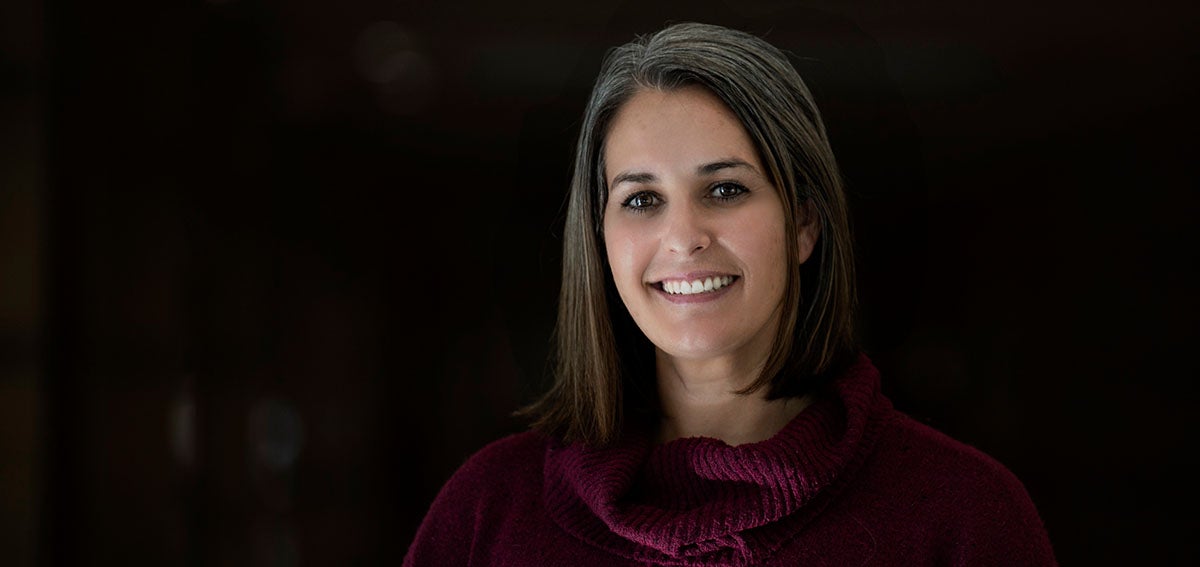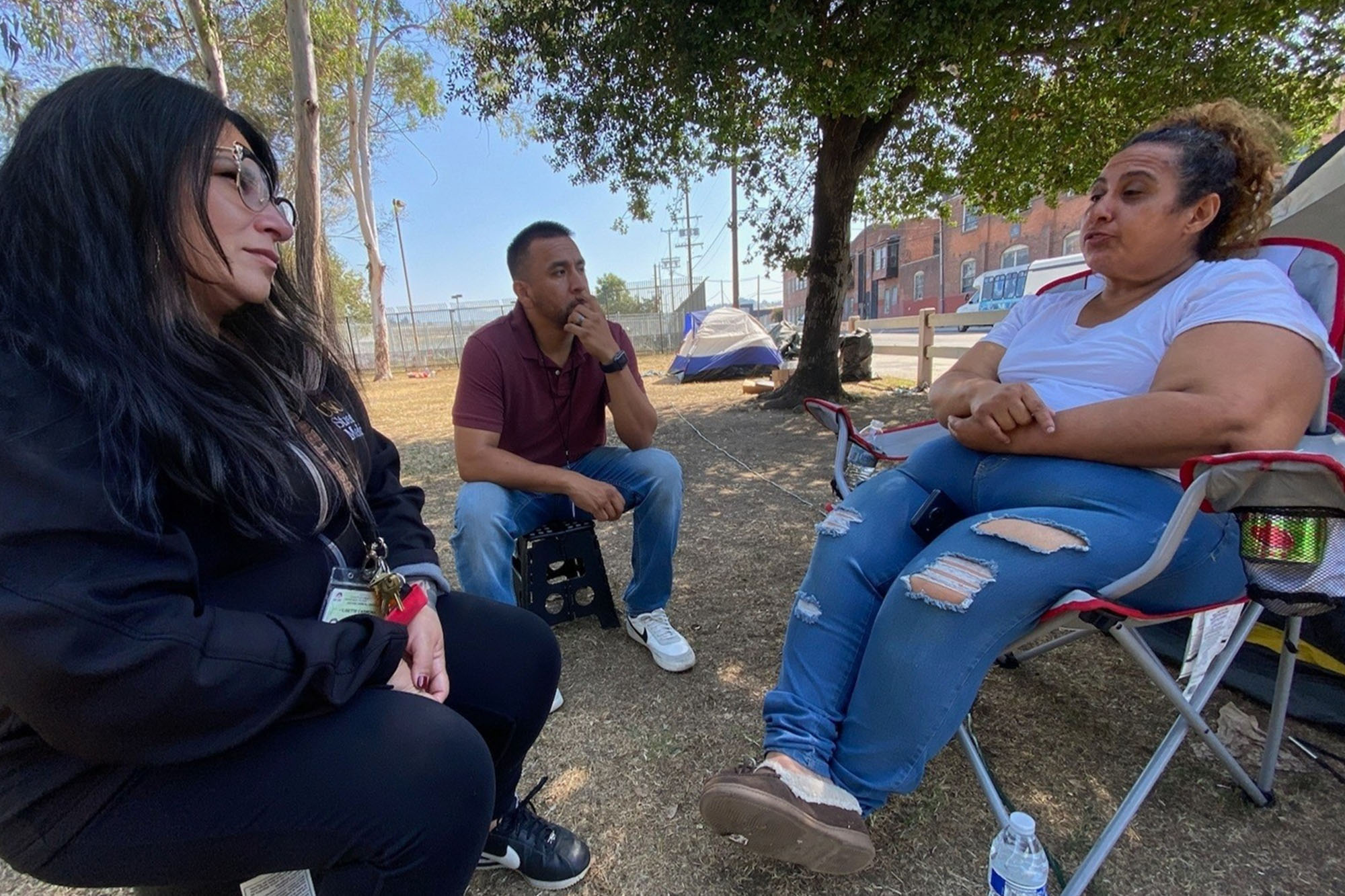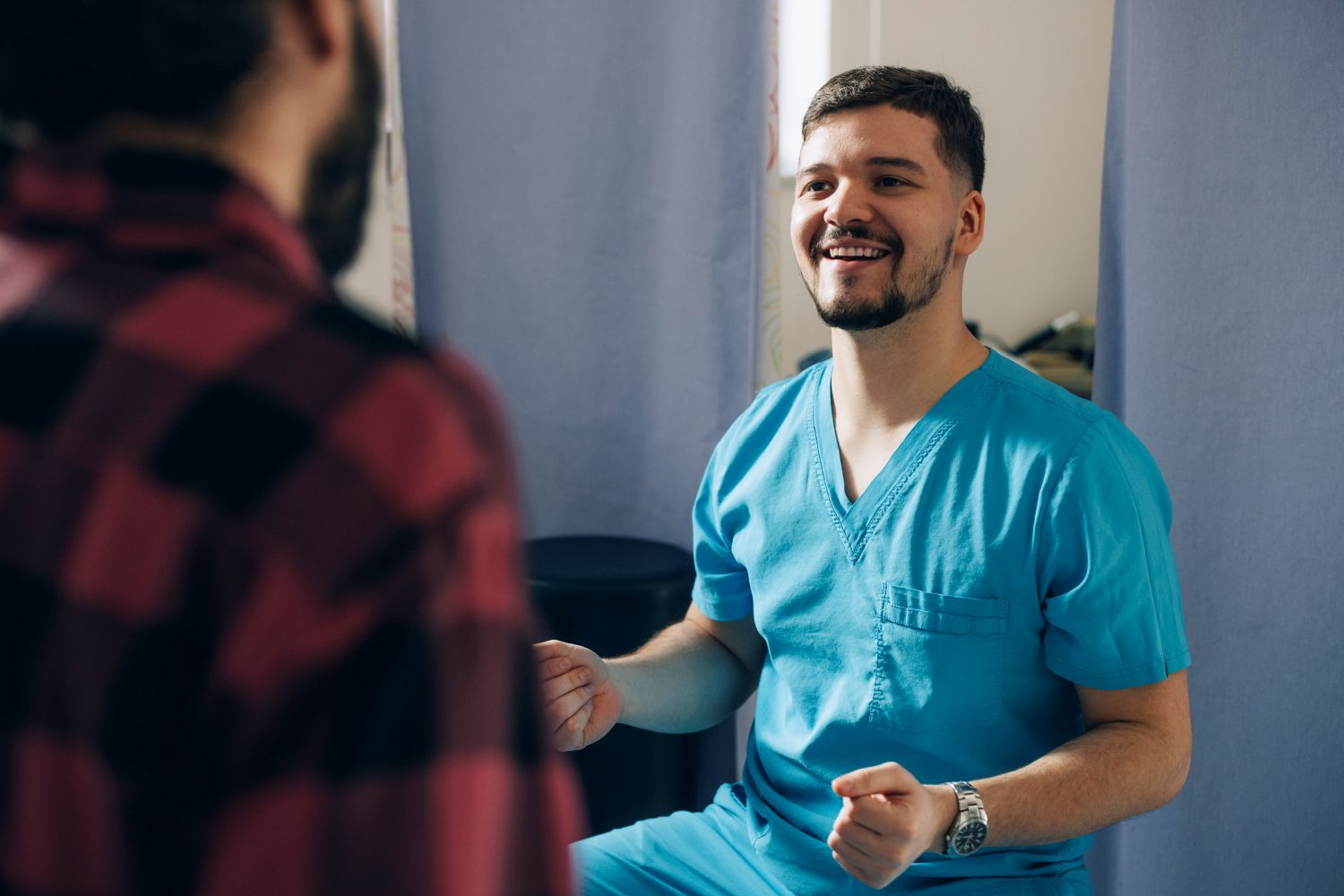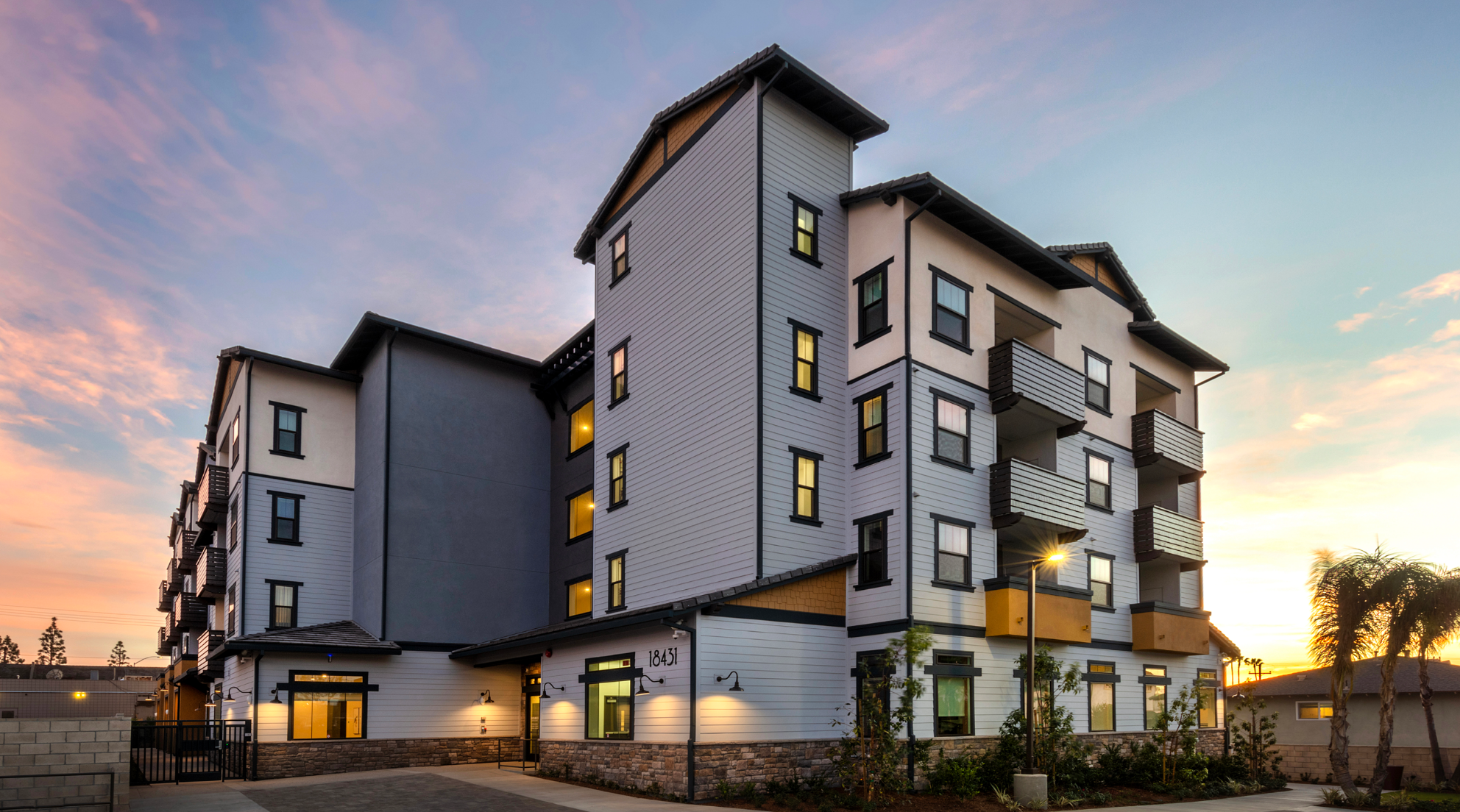
Roughly 28% of the nation’s homeless population lives in California, with approximately 161,000 residents experiencing homelessness (PDF) as of 2020 — a crisis which has only worsened due to the COVID-19 pandemic. The state is seeking creative solutions to improve services for this priority population through California Advancing and Innovating Medi-Cal (CalAIM), the state’s new Medicaid waiver program and transformation initiative. Eligible individuals will have access to new Enhanced Care Management (ECM) (PDF) services and optional Community Supports for Social Drivers of Health (PDF) benefits. Examples of these services include meeting with a care manager — at a shelter, on the street, or in a clinic — to identify and address unmet needs and accessing housing services and medically supportive food. California’s Department of Health Care Services (DHCS) designed ECM, Community Supports, and other components of this transformational effort based on its Whole Person Care pilots, Health Homes program, and Coordinated Care Initiative, as well as from the input of a robust stakeholder engagement initiative.
The Center for Health Care Strategies (CHCS) recently spoke with Jacey Cooper, California’s Medicaid director, to explore how CalAIM seeks to improve care for Californians experiencing homelessness and what other states can learn from this work. This blog post is a product of CHCS’s California Health Care and Homelessness Learning Community, a project supported by the California Health Care Foundation that brought together California-based health care providers, payers, and other organizations to share best practices related to health care for people experiencing homelessness.
Read the interview at the Center for Health Care Strategies website.
Authors & Contributors

Kathy Moses
Kathy Moses, MPH, is a senior fellow at the Center for Health Care Strategies. In this role, she provides technical assistance and strategic consultation to state Medicaid agencies as they pursue health care initiatives aimed at improving quality of care for people with complex needs. She oversees federally supported technical assistance activities to help states develop and implement Medicaid health home strategies. She also works closely with state, federal, and housing agencies, including the US Interagency Council on Homelessness and the Corporation for Supportive Housing, to develop effective options for Medicaid to finance supportive housing.

José Luis Villegas
José Luis Villegas is a freelance photojournalist based in Sacramento, California, where he does editorial and commercial work. He has coauthored three books on Latino/x baseball. His work appears in the Ken Burns documentary The 10th Inning and in the ¡Pleibol! exhibition that debuted at the Smithsonian Institution’s National Museum of American History and has been appearing at museums around the country.
Villegas’s work has been exhibited at the Museum of Fine Arts-Houston; the Baseball Hall of Fame in Cooperstown, New York; and at the Oakland Museum of California. Villegas also works as a medical photographer at Shriners Hospital in Sacramento.





